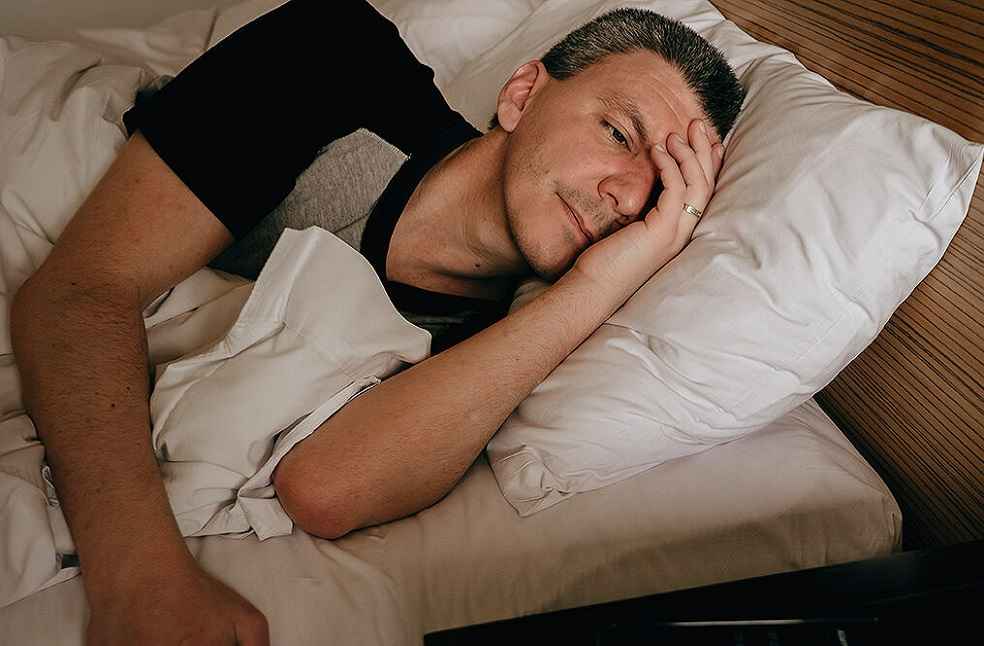United States: A new study has found that people who have unhealthy lifestyle habits could be at higher risk of developing type 2 diabetes. Researchers found that a ‘late-to-bed-and-rise’ sleep style and some unhealthy behaviours are contributors to chronic diseases such as type 2 diabetes.
“When we looked at the relationship between chronotype and diabetes, we found night owls had a 72 percent increased risk of developing diabetes over the eight years of our study,” the lead author Mr. Sina Kianersi, a postdoctoral research fellow at Brigham and Women’s Hospital and Harvard Medical School in Boston, commented.
“Night owls overall were more likely to have a poor diet, to be less physically active, to use alcohol in higher quantities, to have an unhealthy BMI (body mass index), to smoke, and to sleep less or more than the seven to nine hours that’s recommended each night,” Mr. Kianersi noted.

When Mr. Kianersi and his team factored the unhealthy habits out of the data, the risk of a night owl developing type 2 diabetes dropped to 19 percent compared with early birds, or people who like to get up and go to bed early.
“Secretion of hormones can change because of staying up late; our body’s temperature regulation can change; and metabolism can change in a negative way. We get a sort of domino effect, which can increase our risk of having diabetes, cardiovascular disease, and other chronic illnesses,” the researcher remarked.
The study, published in the journal Annals of Internal Medicine, collected data from 2009 to 2017, including self-reported chronotype, diet quality, weight and BMI, sleep timing, smoking behaviours, alcohol use, physical activity, and family history of diabetes. The data was then correlated with medical records to determine who developed diabetes.

While researchers found significant associations between developing diabetes and night owls who worked during the day, they did not find an association for night owls who went to work later in the day or worked overnight shifts.
“A significant portion of the risk of developing diabetes is due to lifestyle. However, because chronotype is shaped by both our genetics and the environment, we know that night owls can reduce their risk by maintaining a healthy lifestyle,” Mr. Kianersi further added.



